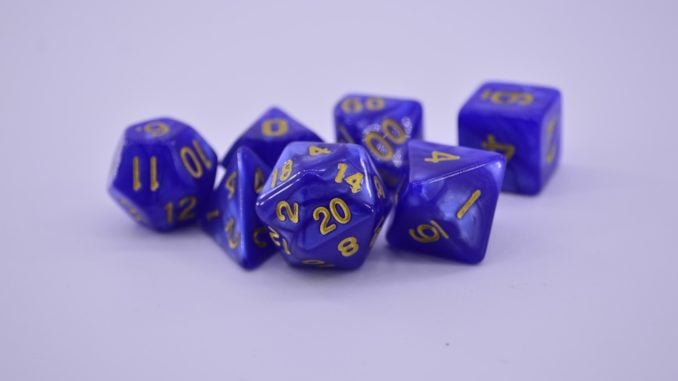
There are 6 stats to keep track of in 5E, and not all of them are completely obvious to grab. Intelligence and Wisdom are both known as “mental scores.” These have no bearing on your body, and instead represents your brain power. As such, it can be hard to see the benefit for specifically increasing either of them. Of course, Clerics prefer Wisdom and Wizards prefer Intelligence. But, what happens if you’re a Fighter with some free Ability Score points? Where should you put those points? Heck, what’s the difference between these two in general? Our Intelligence vs Wisdom 5E guide will put things more in line.
Intelligence vs Wisdom 5E
Flavorwise, Intelligence is any information that a character knows is a fact, and is a representation of all of a character’s learning. A character with 10 intelligence has average intelligence – They fully know at least one language, they likely have learned quite a few tricks, they have some information about local gossip, etc. At higher intelligences, this character has learned more and more, or retained more information, during their lives.
Wisdom, on the other hand, is more about intuition. These characters, rather than having defined facts in store, have street-smarts. A character with high wisdom trusts their eyes and ears in the situation that they’re in. They’ve not heard of exact situations or creatures, but they’ve been in hard times often enough to know how to move or what to do. A Cleric and Druid use Wisdom because prayer has become so natural to them as to become instinctual in nature; so imprinted on their minds that, if a mind flayer sucked their memories out, their gods would still be around to talk to them.
Alright, enough flavor. What about mechanics?
Saving Throws
Intelligence saving throws are pretty minor, compared to Wisdom. Wisdom saves essentially handle all composure-breaking or mind-controlling spells or special abilities. If it targets a mind, there’s a 75-80% chance that it’s a Wisdom saving throw, which is why Wisdom is so important.
Intelligence, meanwhile, has exactly 1 scary spell that targets it; Mental Prison. It’s a good incapacitation spell, and targeting Intelligence Saves can be problematic for a lot of characters. But… Wisdom saves prevent you from being targeted by Hold Person, which comes up more often, and is level 2 instead of 6.
If you have the choice between Saving Throw proficiencies, try to go towards Wisdom.
Skills
Intelligence holds Arcana, History, Investigation, Nature, and Religion checks. These rely on the creature’s Intelligence to call up information about creatures, events, or even crime scenes. If you want to know facts, you use intelligence. Hilariously, this means that both Clerics and Druids are awful at Nature and Religion checks. If you ask a Cleric to read scripture of their own god, please make it a Wisdom (Religion) instead of Intelligence.
Wisdom normally covers Animal Handling, Insight, Medicine, Perception, and Survival checks. Insight and Perception allows a high Wisdom character to read a room. However, Animal Handling, Medicine, and Survival tend to all be outclassed by magic. Sure, you can try and make a Beast learn to love you… Or you can literally talk to it with a first-level ritual. Survival is the most useful of this bunch, since it can find you food, but so can… Create Food and Water.
This batch is more even than saving throws, since Intelligence has a ton of useful skills… But Wisdom has Insight and Perception, two of the most-used skills in the game. Build towards the role your character might serve; Knowledge Monkey, or Eyes of the Party.
Conclusion
In general, Wisdom is best. In flavor, it’s easy to say that your character is learning how to handle bad situations (rather than saying they studied Draconic in the background while nobody was looking). Wisdom has the better Saving Throw attached to it, and arguably has better skills for combat or trying to find information.
However, Intelligence can still be useful. Knowing things is critical to most campaigns, and a high intelligence can beat a small amount of deadly spells. But… usually, it’s better to need Intelligence for spellcasting, and have the saving throw and skills be a nice side-effect of your spellcasting focus.




Be the first to comment